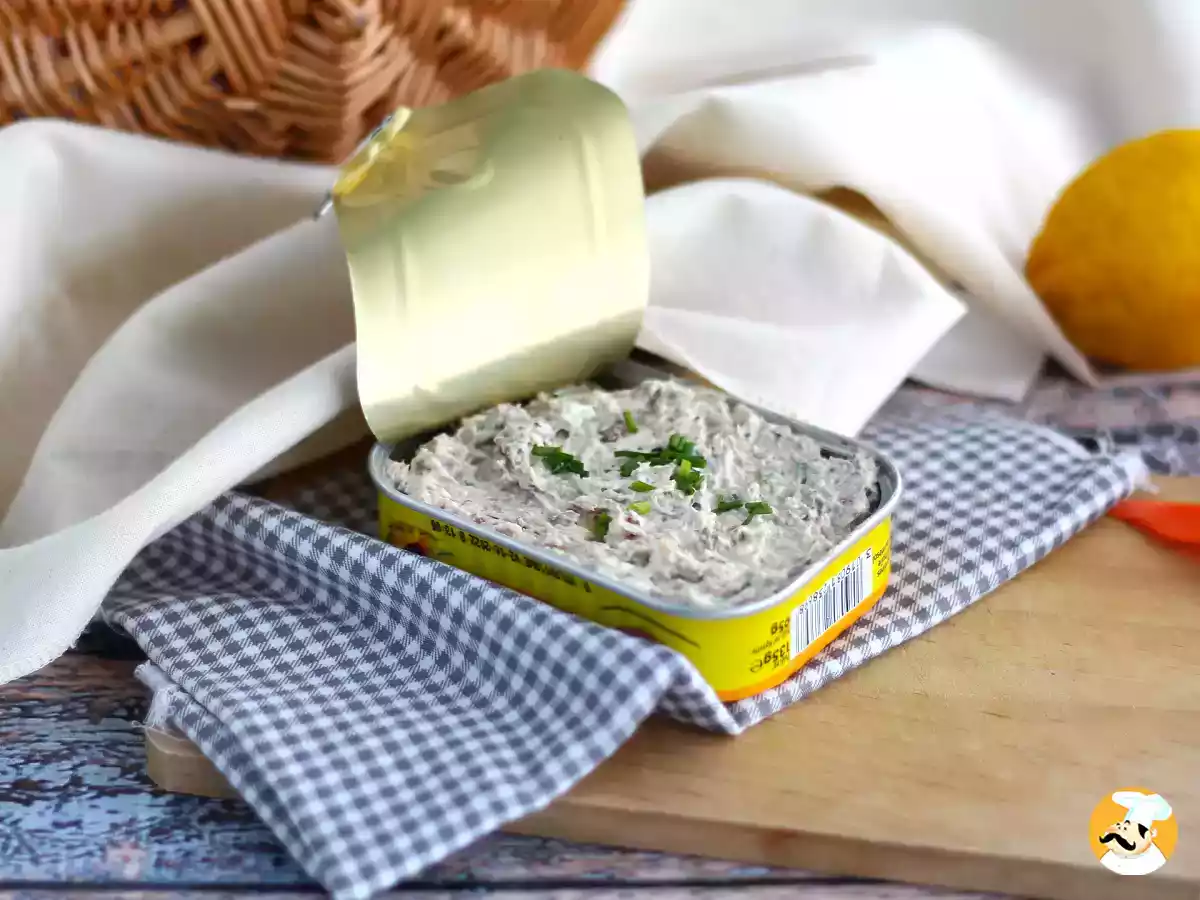6 things you need to know about cans!

Cans are an integral part of our kitchens, offering a practical solution for storing food longer while preserving its nutrients. But did you know that behind their simplicity lie several interesting facts and precautions to take? Here's everything you need to know about cans to make the most of them:
A not-so-new preservation process...
Canning is a method that goes back over 200 years. Invented in the early 19th century by Nicolas Appert, a French confectioner, the method was designed to preserve food for Napoleon's armies. Thanks to this process of heating food in hermetically sealed containers, he revolutionized the way people stored and consumed their food.
Well-preserved nutrients
Canned foods don't necessarily lose their nutrients. In fact, many canned foods, such as tomatoes and beans, retain a large proportion of their vitamins and minerals. However, the content of heat-sensitive vitamins such as vitamin C may decrease slightly. Despite this, canned foods are a practical option for including more vegetables and protein in your diet.
Precautions to take before opening a box
There are several things to check before opening a can. If the can is bulging or shows signs of rust, it's best to throw it away. This could indicate the presence of bacteria such as Clostridium botulinum, responsible for botulism, a highly dangerous form of food poisoning. What's more, a dented can can compromise the seal, which can also lead to contamination.
Cans and chemicals: something to watch out for
Cans may contain an epoxy resin coating to prevent food from reacting with the metal. However, some resins contain BPA (bisphenol A), a chemical compound controversial for its potentially harmful health effects. Many manufacturers have begun to offer BPA-free cans, but it's always important to check the label. To minimize exposure, prefer BPA-free cans or decant food into another container after opening.
How can you extend the life of your cans?
Cans have a fairly long shelf-life, often between 1 and 5 years, depending on the contents. However, to guarantee their quality, it's important to store them in a cool, dry place. Avoid exposing them to extreme temperatures, as this could affect their seal and the quality of the food inside. Once opened, we recommend consuming the food quickly, or transferring it to an airtight container for refrigeration.
Mistakes to avoid with homemade preserves
If you're a fan of home canning, you should know that it's essential to follow strict rules to avoid poisoning. Canning acidic foods, such as tomatoes or fruit, is simpler because acidity prevents the proliferation of dangerous bacteria. On the other hand, for low-acid foods (vegetables, meats), it' s essential to use a pressure sterilizer to eliminate all traces of bacteria such as botulism. Never skip this crucial step.

Quick and easy sardine rillettes

Salmon, chickpea and orange salad

Tuna and tomato quiche

Lentil, butternut, red cabbage, beet and parsley salad (perfect for fall/winter)
 Adèle Peyches
Adèle Peyches
Comments